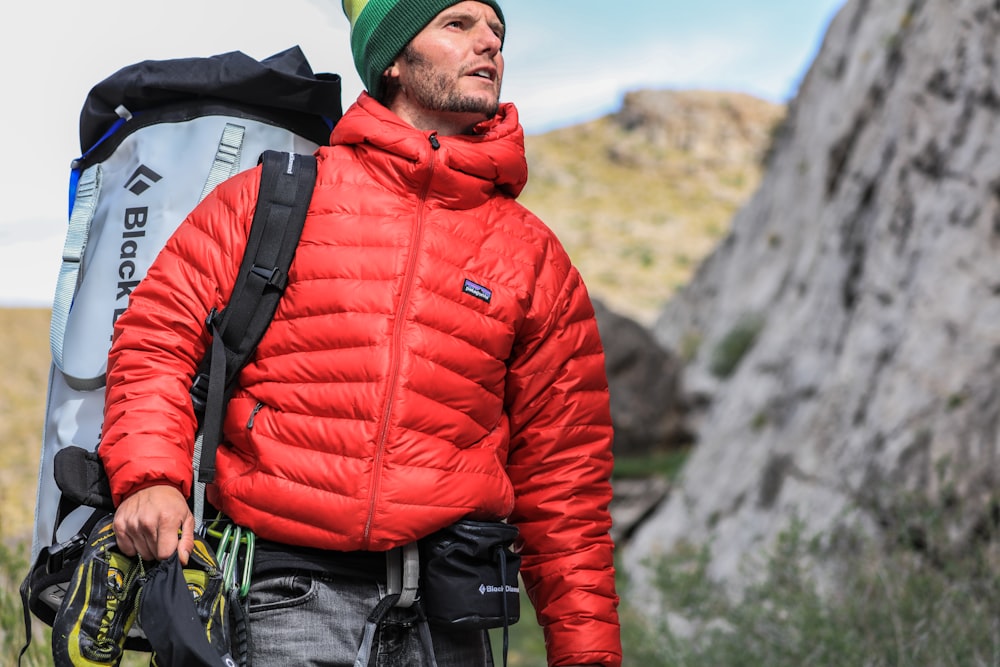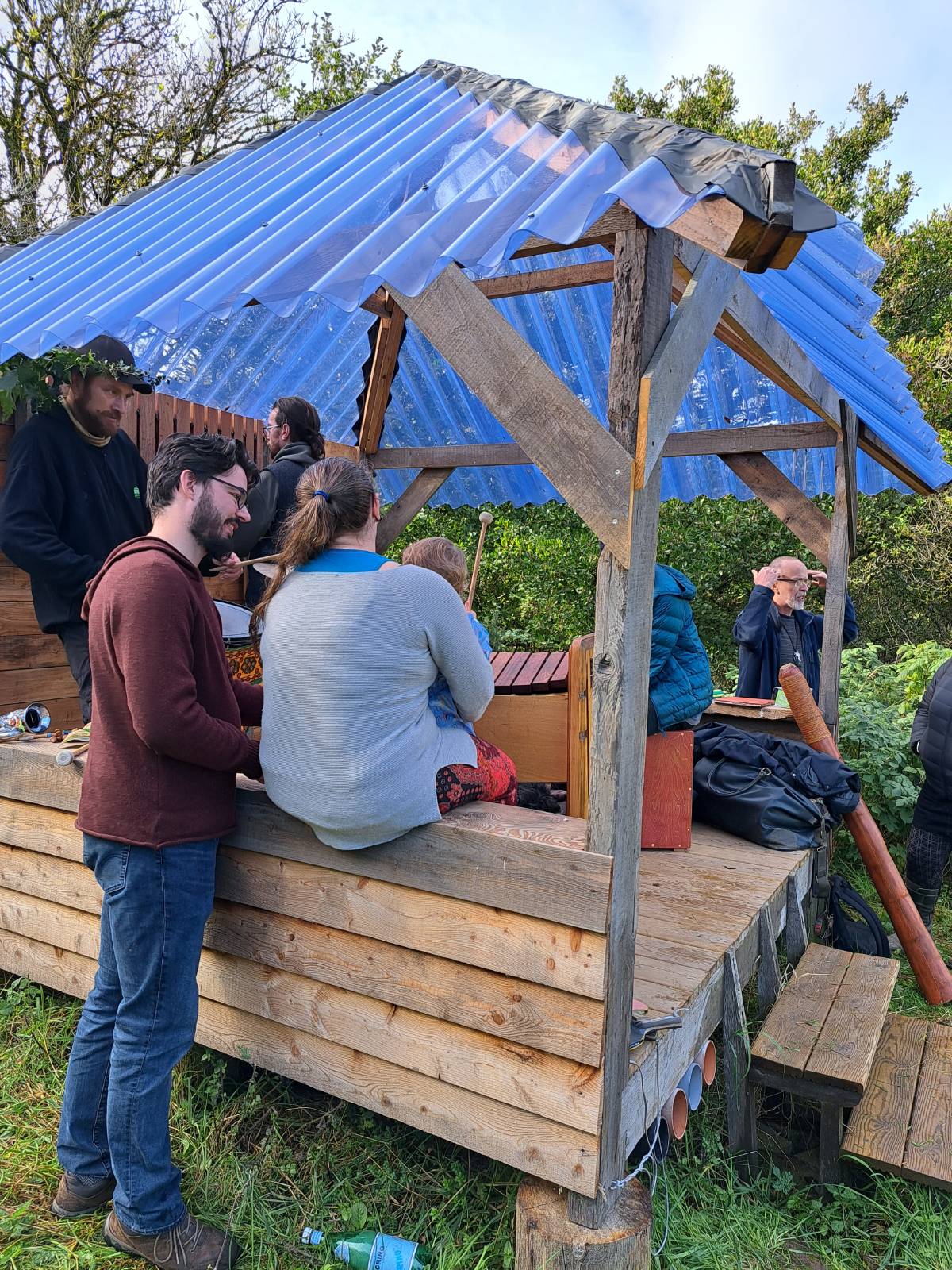Preparing for Winter Survival Camping
Winter survival camping requires mastering a unique set of cold-weather skills to ensure safety and comfort in harsh conditions. From proper gear selection to essential techniques, preparation is key to a successful winter adventure.
Choosing the Right Gear
The first step in mastering cold-weather skills for winter survival camping is choosing the right gear. This includes a four-season tent designed to withstand snow and wind, a high-quality sleeping bag rated for subzero temperatures, insulated clothing layers, waterproof boots, and a reliable stove for cooking warm meals.
Understanding Cold-Weather Hazards
Winter camping presents various hazards that require awareness and preparedness. These include hypothermia, frostbite, avalanches, and thin ice. Understanding how to recognize and mitigate these risks is crucial for a safe and enjoyable experience in the wilderness.
Building Shelter and Fire
Building a shelter and starting a fire are essential cold-weather skills for survival camping. A sturdy snow shelter, such as a snow cave or quinzhee, provides protection from wind and cold temperatures. Learning how to properly start and maintain a fire using natural materials is also critical for warmth and cooking.
Navigating Snowy Terrain
Navigating snowy terrain requires specialized skills to avoid getting lost or stranded. Carrying a map and compass, using GPS devices, and familiarizing oneself with basic navigation techniques are essential. Additionally, understanding snow conditions, avalanche safety, and emergency protocols adds an extra layer of preparedness.
Managing Food and Water
Proper food and water management are crucial for winter survival camping. Pack lightweight, high-calorie foods that are easy to prepare and provide sustained energy. Ensure access to clean water by melting snow or carrying a reliable water filtration system.
Staying Warm and Dry
Maintaining warmth and dryness is paramount in cold-weather camping. Layer clothing to trap heat and wick moisture away from the body. Keep clothing and gear dry to prevent hypothermia and frostbite. Utilize insulated sleeping pads and hot water bottles for added warmth while sleeping.
Emergency Preparedness
Being prepared for emergencies is essential when mastering cold-weather skills for winter survival camping. Carry a well-stocked first aid kit, signaling devices such as whistles and mirrors, and a communication device like a satellite phone or two-way radio. Inform others of your itinerary and check weather forecasts regularly.
Practice and Training
Mastering cold-weather skills takes practice and training. Before embarking on a winter survival camping trip, hone essential skills such as fire building, shelter construction, navigation, and emergency response. Consider taking a wilderness survival course or joining experienced outdoor groups to learn from seasoned adventurers.
Respecting Nature’s Power
Above all, respect nature’s power and be mindful of environmental impact. Leave no trace by packing out all trash, minimizing campsite disturbance, and following Leave No Trace principles. By mastering cold-weather skills responsibly, you can enjoy the beauty of winter wilderness while ensuring its preservation for future generations. Read more about winter survival camping




